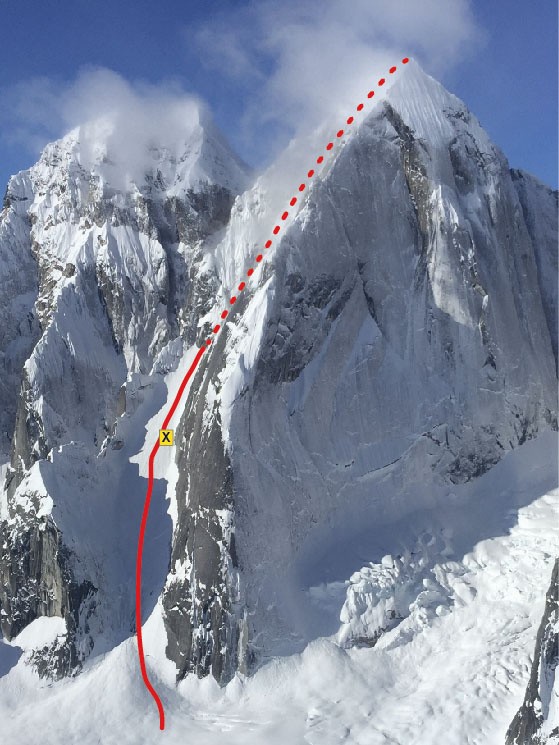
A mountain climber was killed and another was seriously injured when they fell 1,000 feet while trying to reach a peak in Alaska's Denali National Park and Preserve.
The dead climber was identified as Robbi Mecus, 52, a noted New York forest ranger from Keene Valley who advocated for expanding apline climbing for transgender people.
The injured climber was a 30-year-old California woman who was not yet publicly identified Sunday morning.
The deadly accident occurred late night Thursday on Mount Johnson, where the climbers, who were roped together, were scaling a steep approach known as "the Escalator," the National Park Service said Friday.
The 5,000-foot route on the mountain's southeast face requires the use of ropes, anchors and other gear to crawl over rock, ice and snow. The climbers were still roped together when they fell, according to the park service.
Two other climbers who were higher on the mountain witnessed the accident, contacted park rangers and climbed down to the victims.
When they reached the climbers, they found that one of was dead and the other was badly hurt.
The good Samaritan climbers dug a snow cave and cared for the survivor until a Denali helicopter team spotted the group Friday morning and rescued the California woman using what the NPS called a "short-haul" technique.
She was taken to Talkteena, Alaska, before being flown to Anchorage for advanced medical care.
Bad weather kept the helicopter team from returning to Mount Johnson on Friday, but the pilot and two mountaineering rangers were able to recover Mecus' body on Saturday morning, the NPS said.
Mecus was hailed as a champion for the environment and the LGBTQ community Saturday by New York Department of Environmental Conservation Interim Commissioner Sean Mahar.
"Over her 25-year career Ranger Mecus demonstrated an unparalleled passion for protecting the environment and New Yorkers," he said in a statement.
"She exemplified the Forest Rangers' high standard of professional excellence while successfully ... advancing diversity, inclusion, and LGBTQ belonging throughout the agency."








